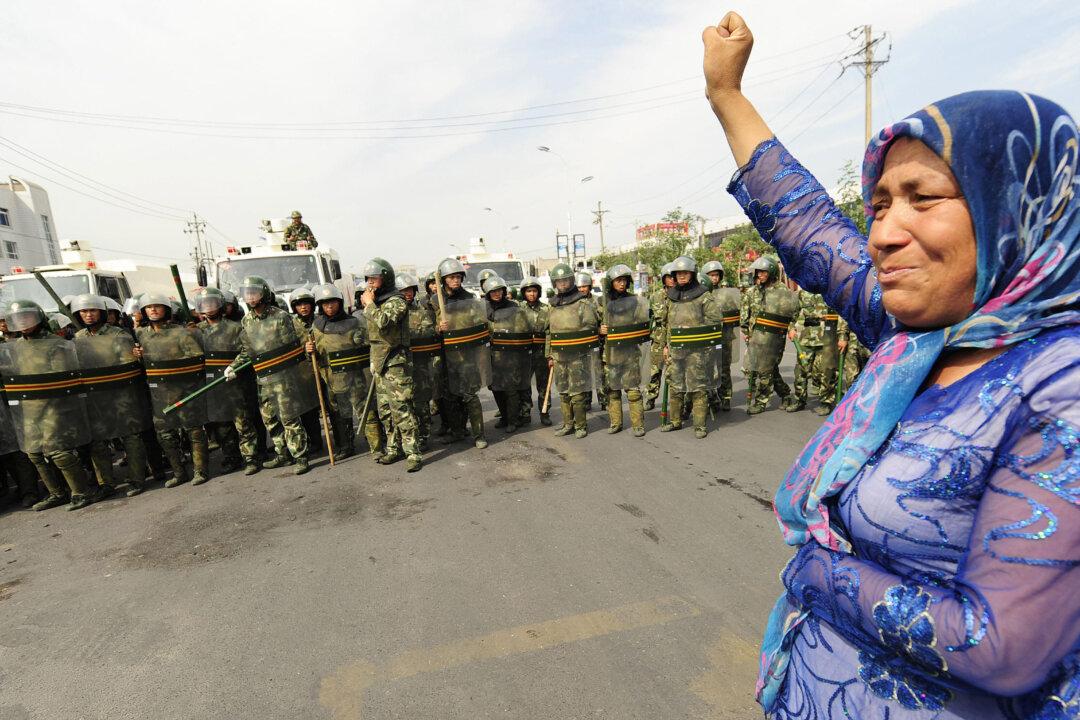A new recruiting magazine for al-Qaeda has a two-page spread that lists China’s abuses of Uyghurs in its far-west region of Xinjiang, which the Uyghurs call East Turkestan.
The magazine, “Resurgence,” was just launched by al-Qaeda’s propaganda branch, al-Sahab media organization. The inforgraphic appears in its first edition.
The infographic features “10 Facts” about Xinjiang. It says the region “remained independent of China for more than 1800 years” yet for the last 237 years it has been “under Chinese occupation at various intervals.”

An two-page infographic in the new al-Qaeda magazine, "Resurgence," calls attention to the Chinese regime's suppression of Uyghurs in Xinjiang. The magazine calls for Xinjiang to be brought into an Islamic Caliphate. Screenshot/al-Sahab media organization





